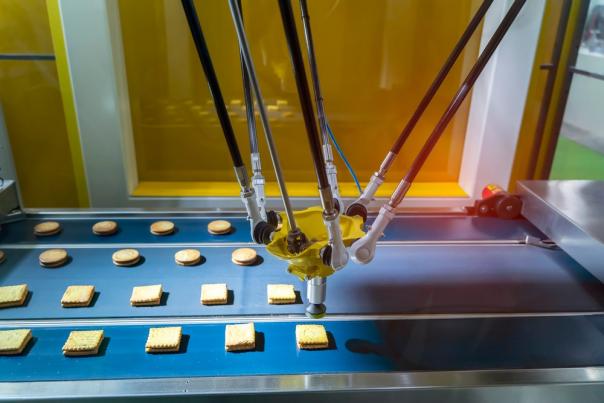
According to data from the Waste and Resources Action Programme (WRAP), 16% of all food waste in the UK comes from manufacturers and production plants with processes that haven’t been optimised. This is why it’s important for businesses that produce food and beverage products to identify where the most waste is produced so strategies can be introduced to deal with it accordingly.
Accurate forecasting – know what you use
Utilising existing knowledge of your products and the waste that you produce can be crucial to building out your waste management strategy and reducing what’s generated.
Analysing the amount of waste that comes from raw materials when creating your products against how much is sold helps to inform the amount of ingredients you order to meet your demands.
Technology like data collection services can provide more accurate forecasting to optimise your production and streamline processes better.
Improving packaging quality
One significant way to improve the shelf life of food is through quality packaging, which should be prioritised to reduce the waste that occurs domestically and within the distribution chain. Top-quality packaging throughout the manufacturing chain will also reduce contamination through handling.
Packaging has been made historically using plastic due to how durable it is and how well it protects against deterioration when sealed properly. Estimates from the UK Government find that more than 2.2 million tonnes of plastic packaging is introduced to the consumer market annually.
While recyclable plastic technology is better than it has ever been, it’s still important for producers in the manufacturing chain to find the balance between the plastics that will help preserve the products and won’t contribute to landfill. Labelling use by and best before dates should also be included visibly on your packaging, as well as advice on properly storing the product for the longest shelf life.
Quality assurance and control
Every product can’t be perfect, but more time invested into quality assurance and control within the production process can help to reduce waste output. Under and overcooked food needs to be disposed of, but it creates more waste, and having quality products made from the start reduces this risk.
Appropriate resources and training within your quality control team are a great way to ensure your processes are efficient and streamlined. This can even include integrating automation of more mundane processes to give the workers more time to ensure the quality of your products.
Staff education and transparency
Wider training of staff and transparency into the importance of reducing the food waste produced can ensure that everyone is invested in the right area. This can be done internally by any training and knowledge department you might have or by bringing in a third-party educator to provide insight into the larger effects of food waste.
By educating your staff about the harmful effects of landfill emissions and chemical contamination of land, which can hinder future growth and production, you can foster a positive company culture focused on reducing waste.
With this knowledge, not only will they feel invested, but your workforce will be able to identify points in the process from their level that could be optimised for waste reduction. These habits will help to build positive values and habits in your business. In addition, providing them with the latest emerging technologies and the training to operate them can help to improve all aspects of food production.
FPE seals is a provider of piston seals for various industries including food and beverage.